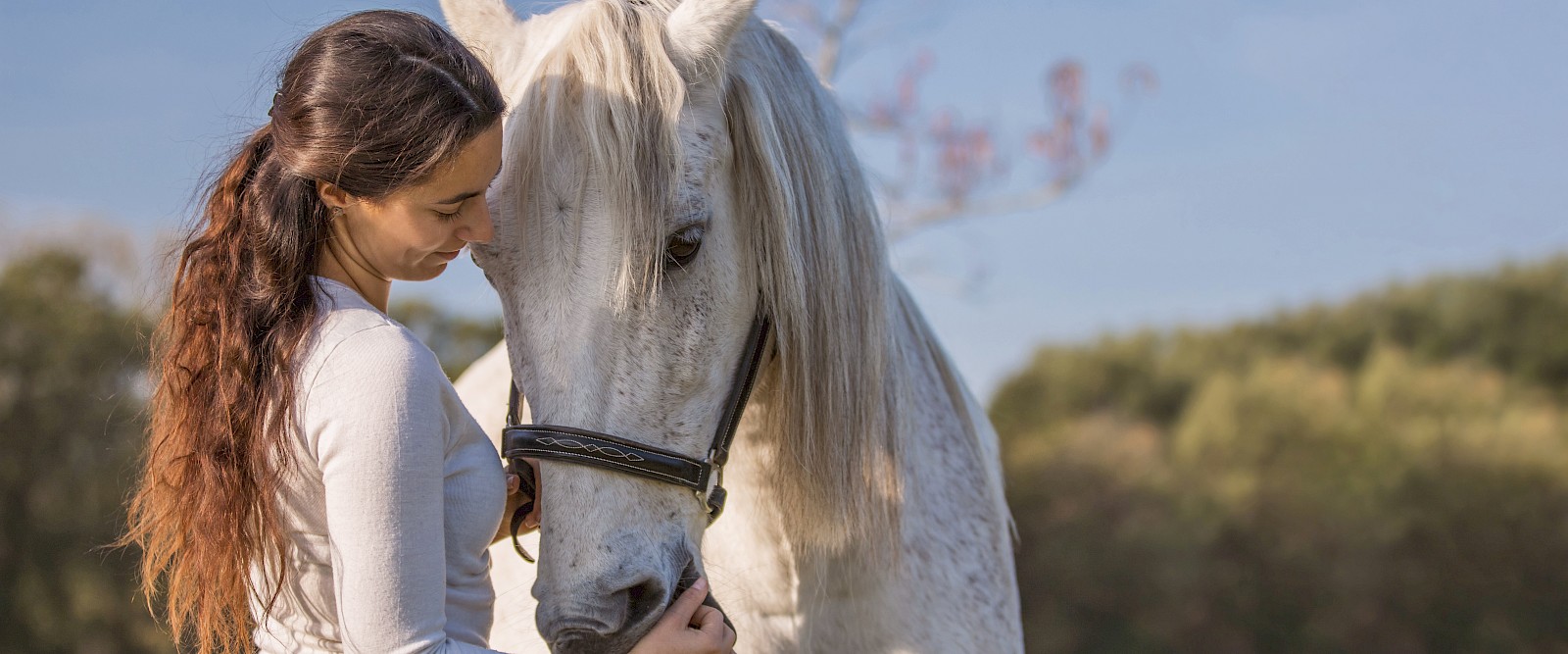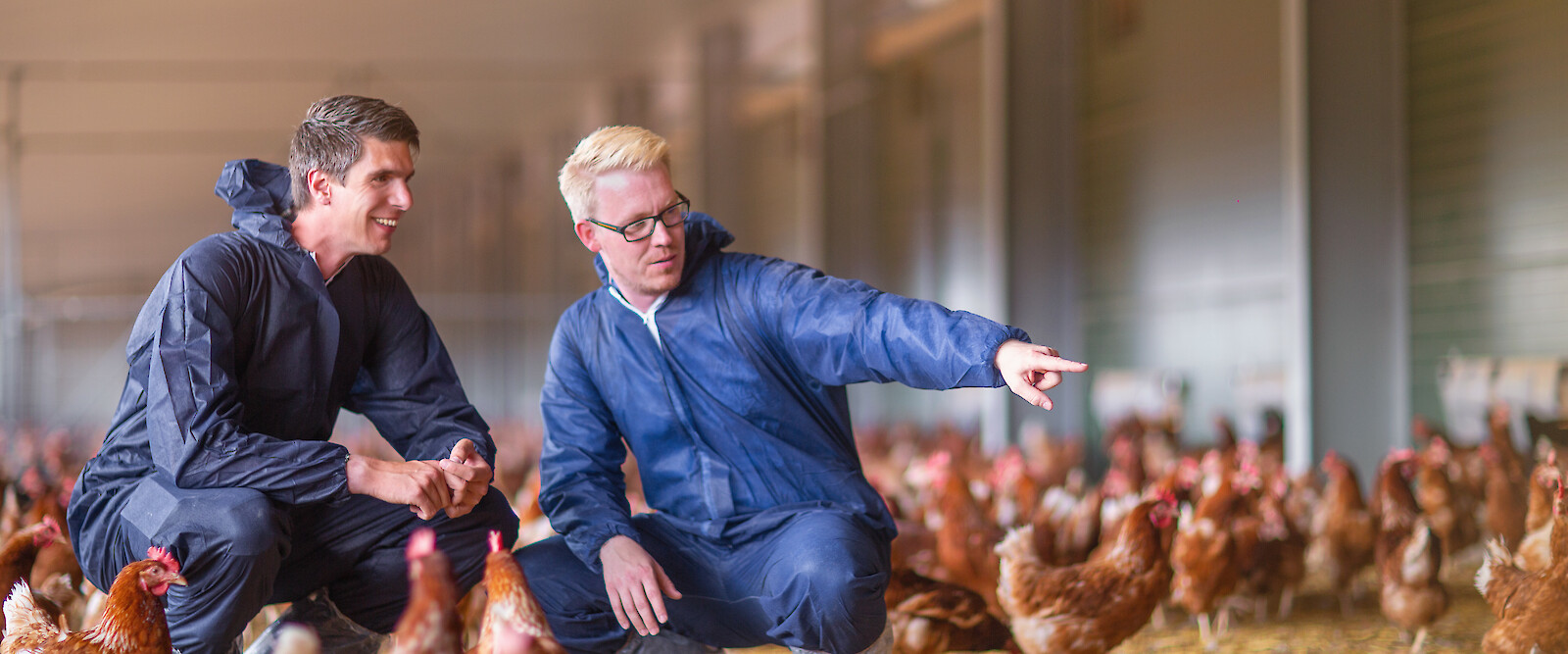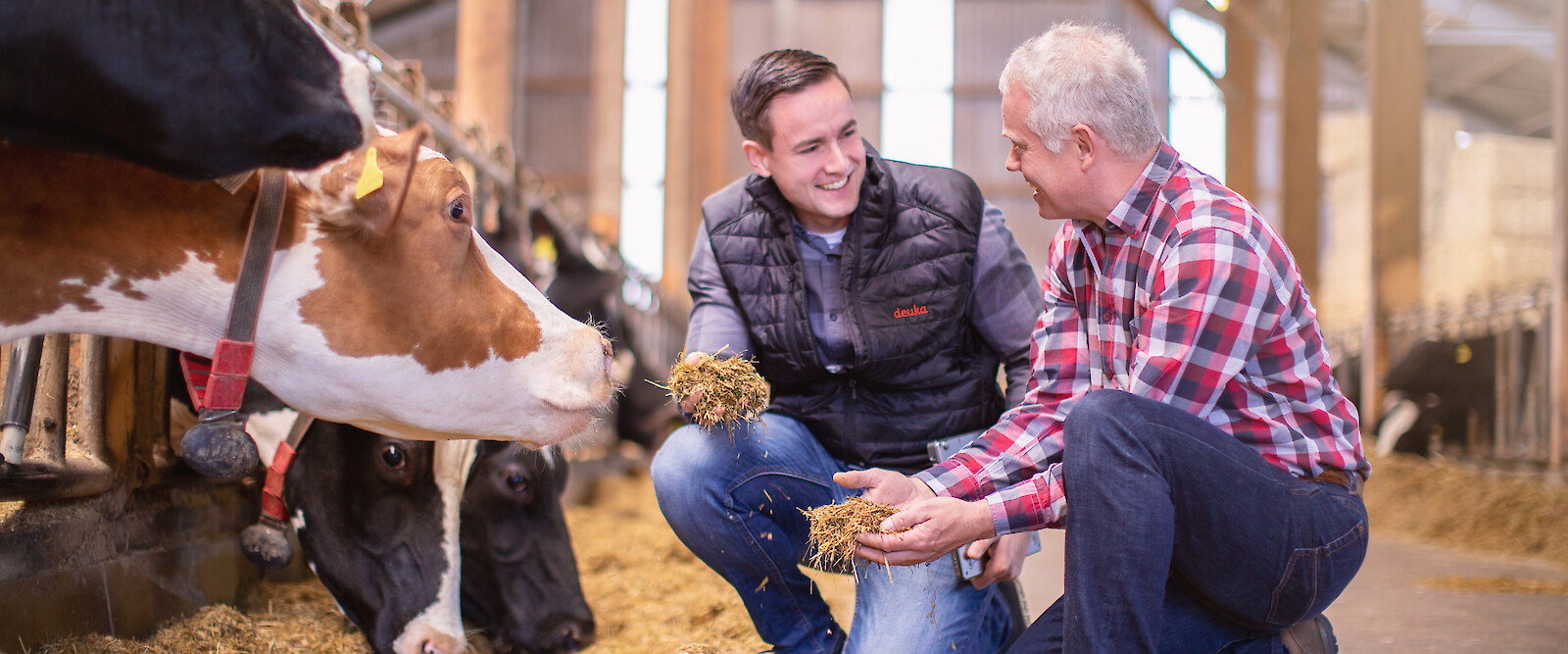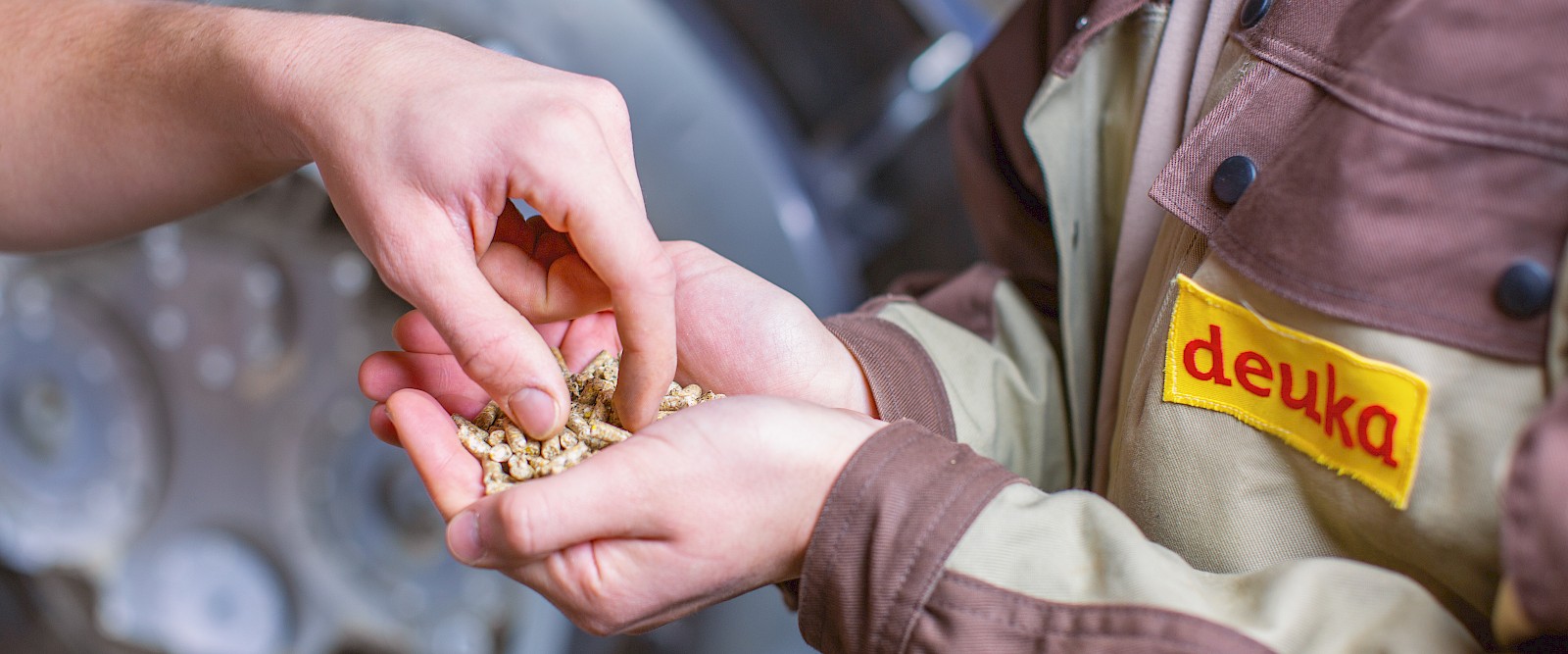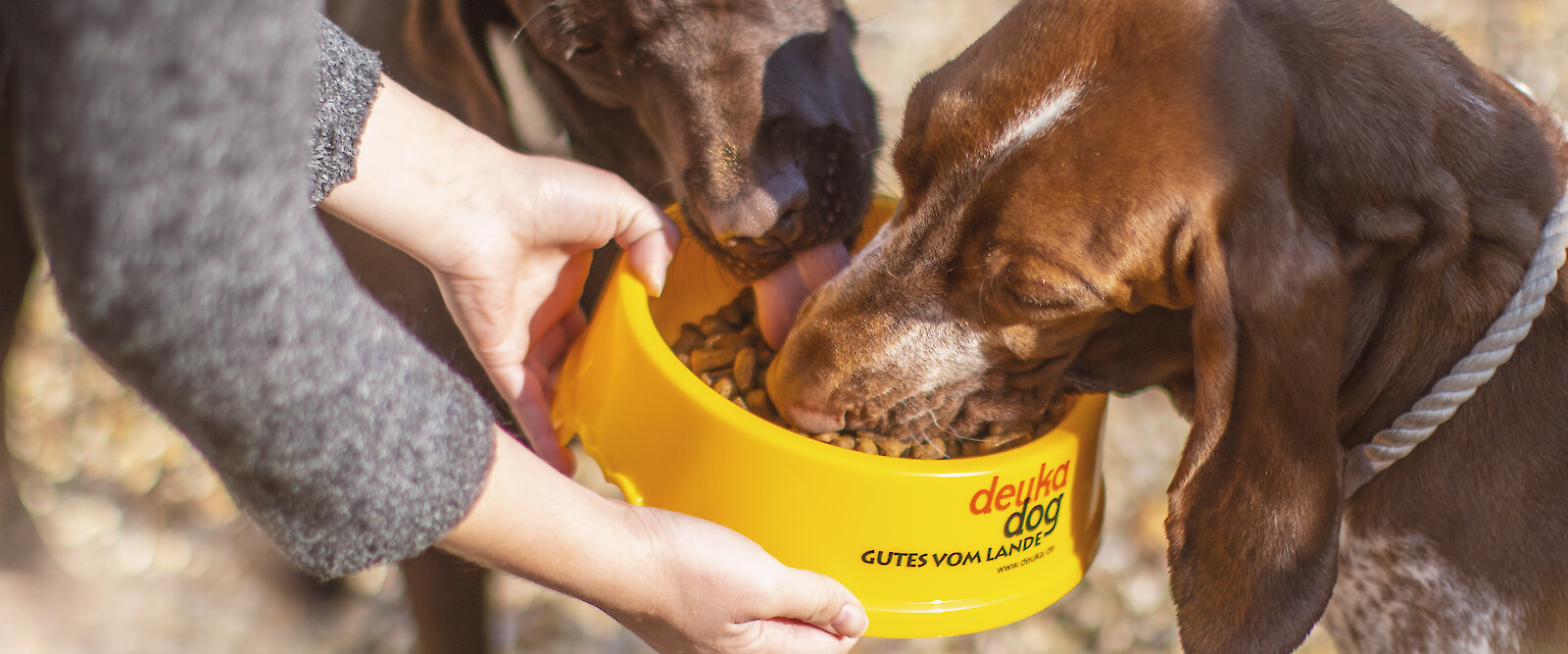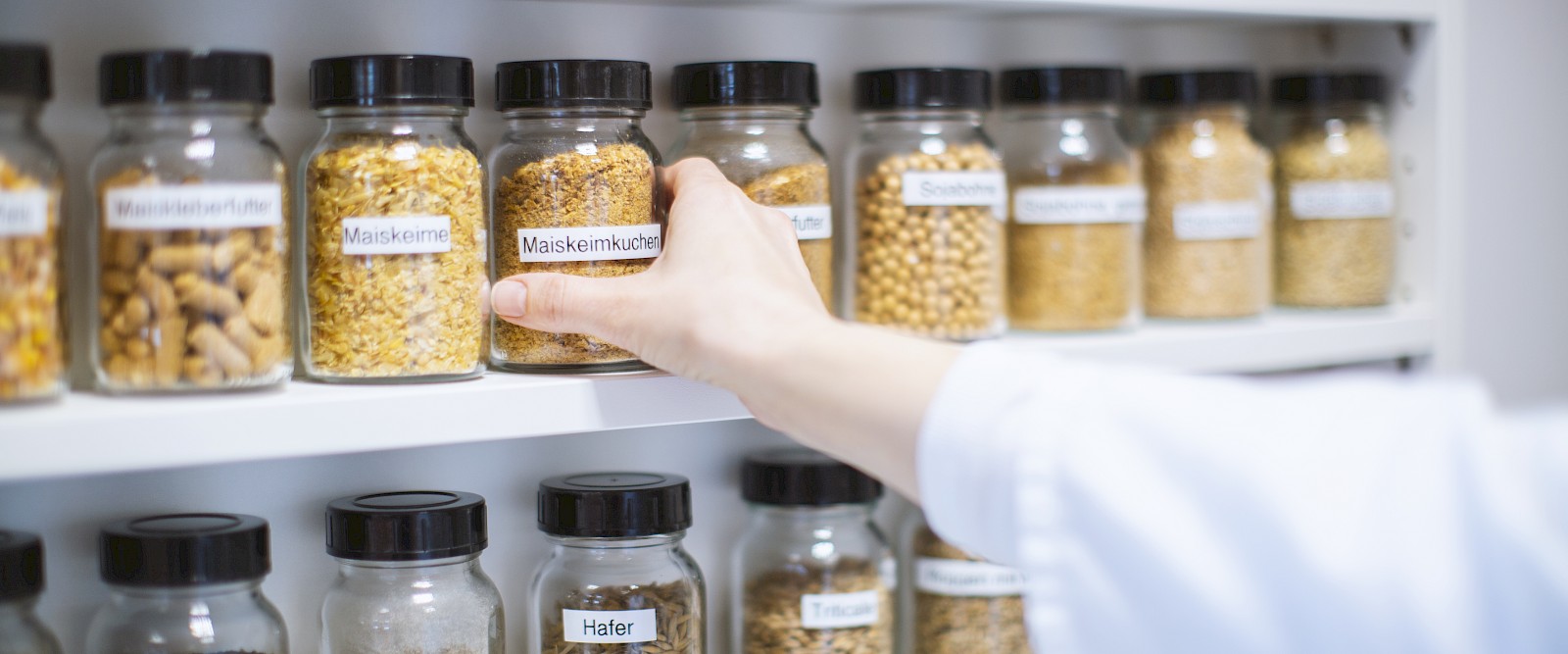Raw material and nutrient lexicon
Vitamin D
The D vitamins come in two forms: vitamin D3 (cholecalciferol) and vitamin D2 (ergocalciferol). Both D vitamins take on a number of important tasks in the metabolism. For example, they are decisively involved in the regulation of calcium and phosphorus metabolism, especially absorption from the intestine, storage in the bones and excretion via the kidneys. Vitamin D also controls the mobilisation of these two minerals from the skeleton. In addition, the D vitamins promote germ cell formation and increase the efficiency of the immune system. In the case of vitamin D deficiency, the entire calcium and phosphorus metabolism is disturbed, the mineralisation of growing bones is reduced (rickets), mineral substances are broken down in adult bones (osteomalacia), bone and joint deformities (bone softness), bone fractures and growth disorders occur. In poultry, eggshell stability is significantly deteriorated. Vitamin D is found as D3 (cholecalciferol) in whole milk and liver oils and as D2 (ergocalciferol) in sun-dried green fodder. In terms of their anti-rachitic effect, vitamin D2 and vitamin D3 are almost equivalent in mammals. However, when fed to poultry, vitamin D3 has been shown to be about 30 times more effective than vitamin D2. For this reason, vitamin D3 is used when supplementing the feed according to need. The storage capacity in the liver is also greater with vitamin D3. The natural sources of vitamin D are of no significance in meeting requirements due to their limited scope. The utilisation of the vitamin D precursors present in plants is also very low in animals.
